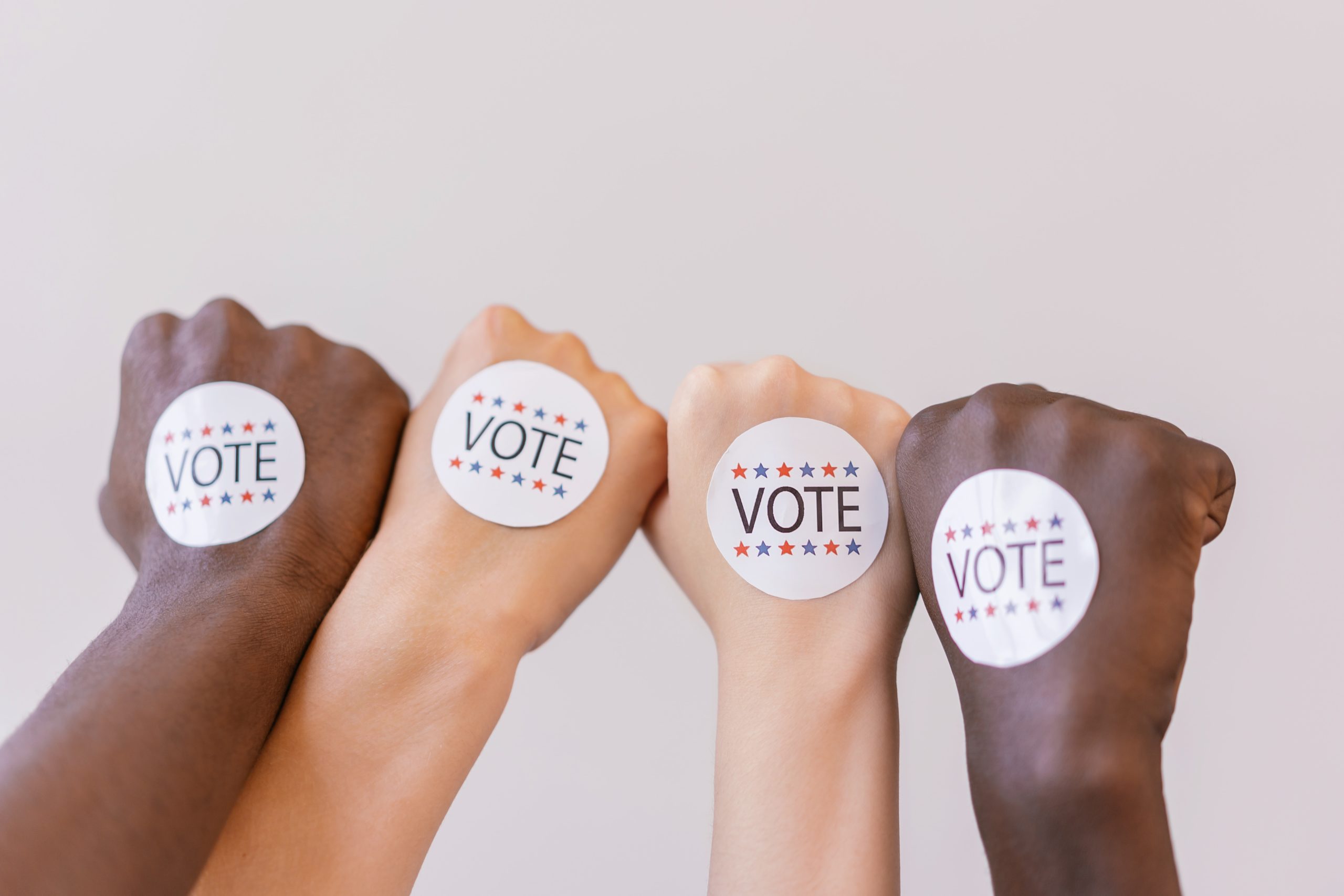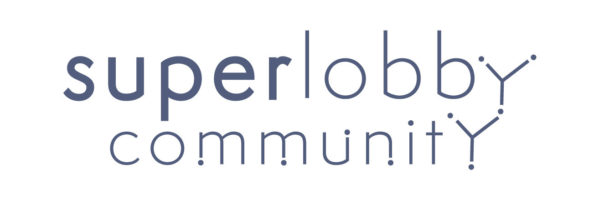
Primaries are elections to select candidates to run for public office. It functions as a preliminary election whereby voters decide their party’s candidates. Normally we associate them with the US elections where Obama is battling out against Hillary Clinton. Primaries happen though also on a local, regional and national level. I think of the I have been involved in the campaign teams of both primaries as well as leadership elections and have a track record in both winning and losing. I was party of a couple of winning and losing teams and would love to share my thoughts.
Primaries are different
What makes primaries so special is that members of a political party get to decide on the outcome. Because of the strong role of party-members, a lot depends on intra-party power dynamics and relationships. They are normally also less combative (Trump and to a less extent Boris Johnson being the obvious exception to the rule). I am always surprised by the low turnout percentages in primaries. When Marietje Schaake battled it out against Sophie in t Veld, roughly 20% of the total members of D66 voted. Primaries can build momentum for a party or a candidate on route to the general elections. In the Netherlands the battle between Omtzigt vs. Jong is one of the most televised primaries in the history of Dutch politics. However, they can also be deeply divisive.
What does it take to win?
Someone who is a well-known figure with a (positive) track record obviously has the upper hand from the start, unless the party is in a bad spot where the members are demanding change from the status quo. Rebecca Long-Bailey lost out to Keir Starmer because people wanted to move away from the era of Jeremy Corbyn-era. In general, I think that members tend to vote conservative (vote for the devil they know). A fresh face really needs to work twice as hard though or make a big impact from the beginning. What members also keep in their back of mind is how the candidates compare to candidates from other political parties. Bernie Sanders was in a league of his own, but to a small extent people were also calculating that he was better matched up against Trump than Hillary Clinton.
People want a sledgehammer to win an election. Challengers can only win by gaining momentum and for that to happen both time and timing are essential. You need to start early but not so early that your flame dies out. Macron’s first run for president was an incredible accomplishment where he was able to gain the perfect momentum; In less than a year he was able to go from an outsider to a sweeping victory. He was criticised for starting his re-election ultra late. Starting early is always a good strategy, because you get the chance to develop meaningful connections with fellow members. When election time hits; you are “that guy who is friendly just because he is running as a candidate”. In local primaries or even national, a lot depends on whether you can mobilize people to vote for you. In my experience, people tend to be a bit sloppy and forget to vote even when they promised you they would. Even the people most close to you! Often I begin with making an excel file of people that need to be called and mobilized and nag them until I know they have voted.
Young people and people with time
If I need to single out a winning strategy it is to have a team of enthusiasts who are competent and talented. However more importantly surround yourself with people that have the time to join you on the campaign trail. I have witnessed a lot of people volunteering in the beginning only to be pressed for time. I hate to say it, but young people and students are a natural fit over people with careers and bussy lifes. In practice this means that it is not a bad strategy to seek out people who have more time on their hands. Gaining traction with party bigshots is also good, however I have also seen it backfire when a majority of the people want change. Finally, the thing that tips a primary into your favour is the air of winning. If people believe you are winning they will be more inclined to vote for you. It becomes a self-fulfilling prophecy. Especially with primaries that are not so anonymous as general elections, people want to be associated with the winner. And as a bonus tip; don’t pay too much attention to twitter or social media; Algorithms create inter-party echo chambers and visibility on social media is the worst indicator to see who is winning in primaries.

